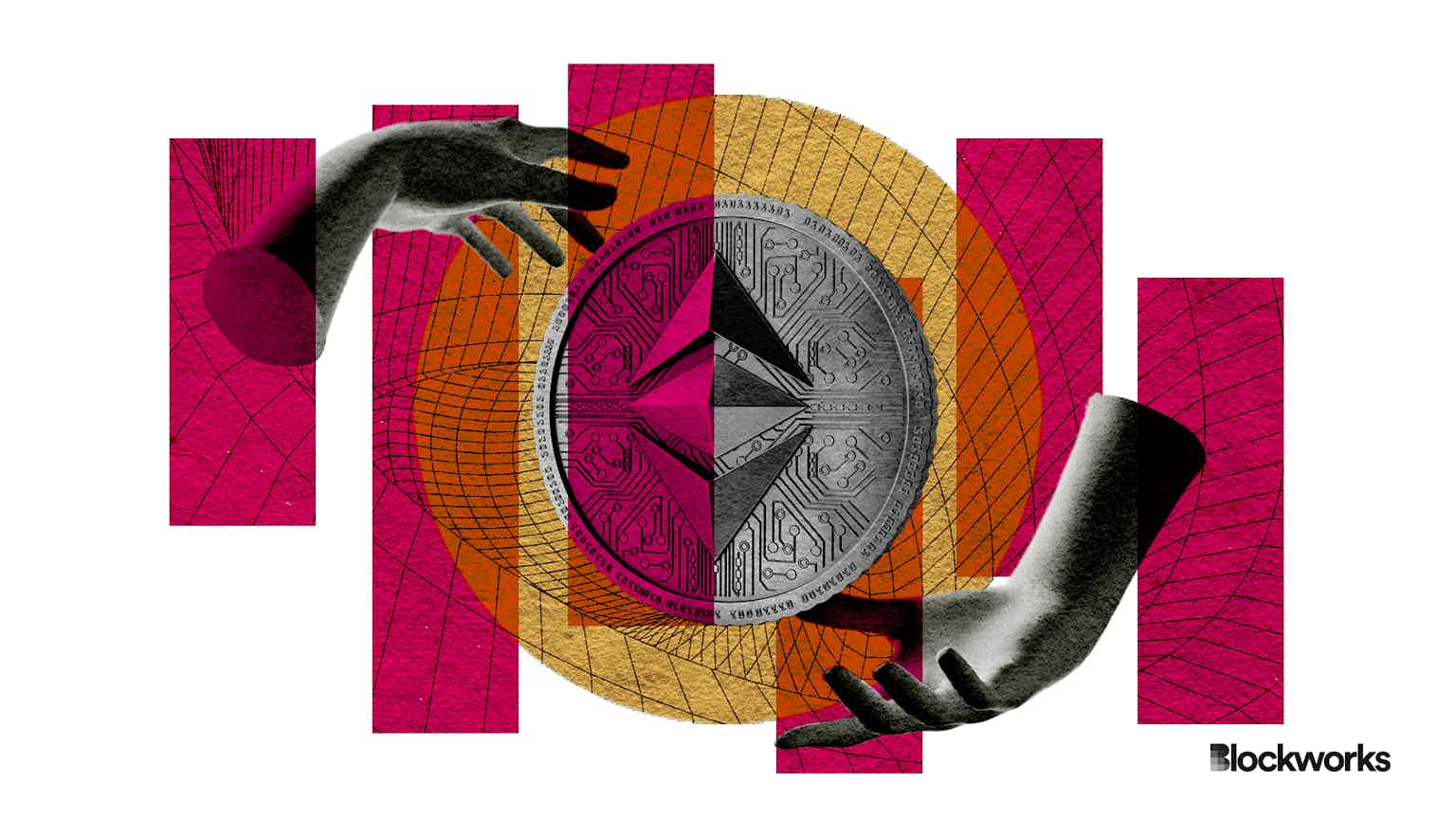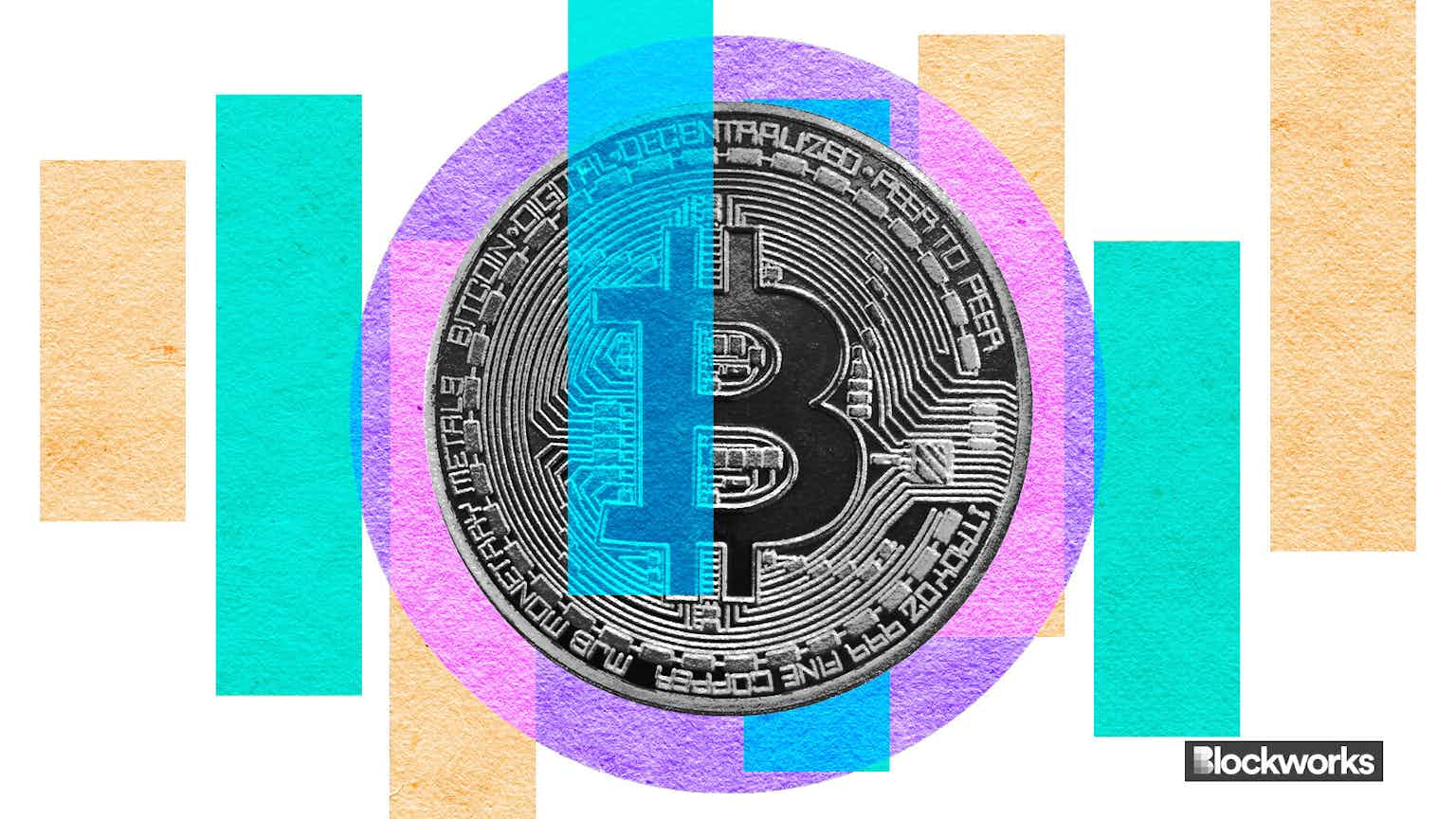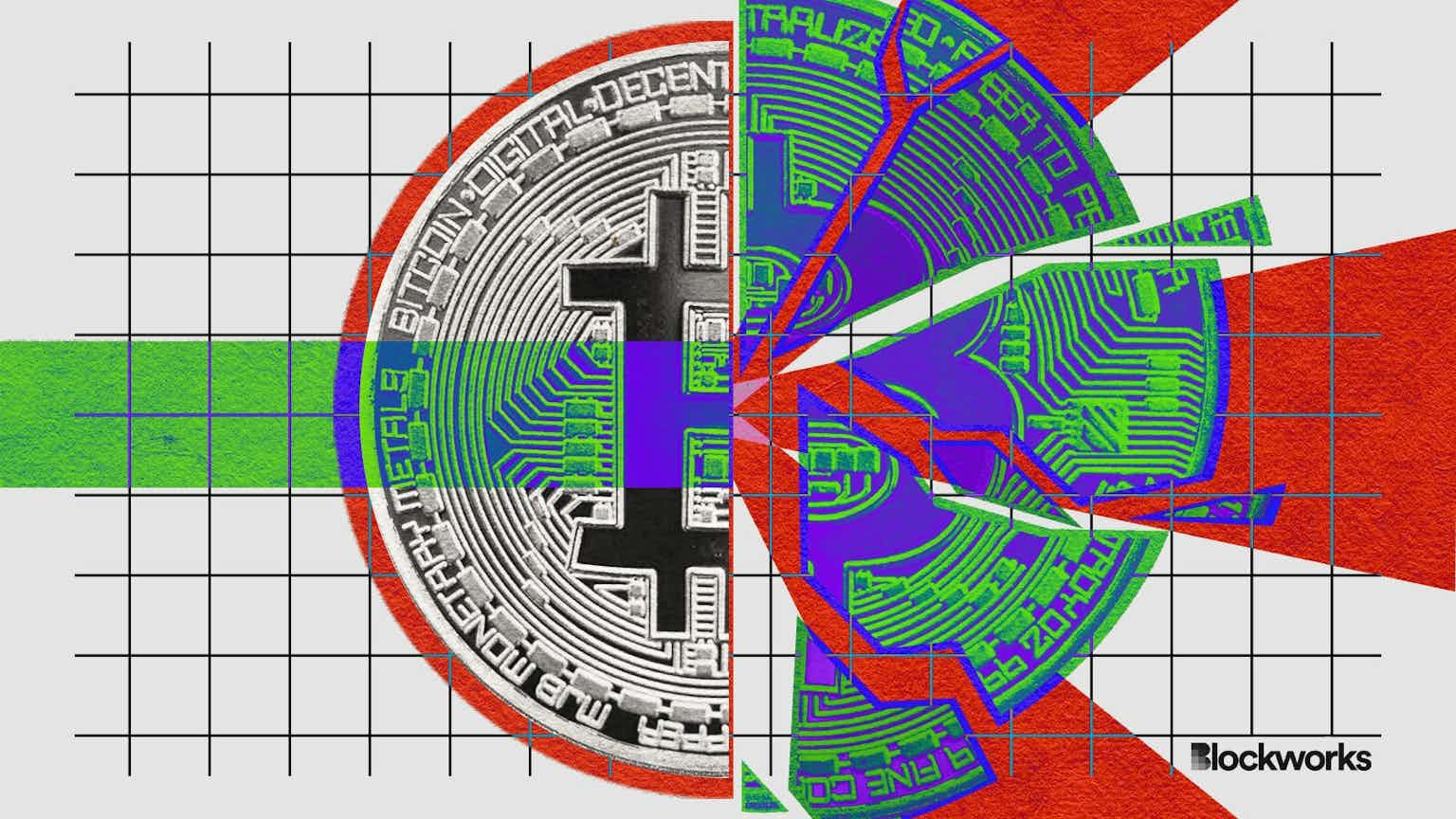Juno Network Stakeholders To Decide Fate of Whale’s Millions in a Crypto First
The proposal would reduce the token allocation of a JUNO whale, alleged to have exploited a loophole, by over 98%

Source: Shutterstock
key takeaways
- If the whale abruptly pulled out their funds — currently worth about $122 million — they could single-handedly wipe out JUNO liquidity on decentralized exchanges
- The proposal, if passed, could set an “interesting” and “potentially dangerous” precedent, a community member named Kavaskous on Twitter said
In less than 24 hours, thousands of Juno token stakeholders have banded together in a bid to correct perceived errors in the network’s stakedrop by confiscating one crypto whale’s token wealth. A stakedrop is a method of widely distributing tokens as a reward for staking the tokens of another blockchain or decentralized application.
Holders of the governance token of Juno, a layer-1 blockchain in the Cosmos ecosystem, are voting on proposal #16 to reduce a whale address from over 2.5 million JUNO tokens to 50,000 tokens — removing over 98% — which would be placed in a community reserve fund. For reference, a whale is an entity or individual that owns a significant amount of tokens for a specific cryptocurrency. The move, according to the text of the proposal, comes after “numerous discussions with the community.”
The Juno Network launched with the full intention to be completely community driven, a community member TheJunonaut tweeted. “Hence, $JUNO was distributed to $ATOM stakers via a 1:1 stakedrop with a hard whale cap of 50K as the community agreed to ensure fair distribution across the network,” they added.
At issue is whether the individual or entity in question deliberately circumvented the rules of the stakedrop by staking ATOM across dozens of wallets, thereby unfairly inflating its resulting stake in JUNO. The disparate wallets were subsequently consolidated into one.
Given the amount of tokens the whale now has, if they abruptly converted their JUNO to other assets, they could single-handedly wipe out liquidity on decentralized exchanges, resulting in a sharp decline in the JUNO price. But the concern among community members is not limited to their short-term financial interest. The asset concentration itself creates risks to on-chain governance by enabling the whale to potentially bribe validators — the guardians of network consensus — with delegations to serve the whales’ interests, a community post said.
“Proposals as a whole have flaws to them, but this proposal itself is super complicated,” Twitter user cryptolikemo said during a Twitter Spaces discussion, Friday.
“People are saying this is black and white, and saying, ‘yes is the obvious answer,’ and if you voted no, people are saying you’re evil.”
It’s not clear that gaming the system was the whale’s explicit goal, however. The ATOM staking, required to be eligible for JUNO’s airdrop, must have occurred prior to Feb. 18, 2021, the date of an important Cosmos milestone upgrade. But Juno’s stakedrop was not announced until July.
Regardless of the intent, not everyone agrees with the concept of redistributing wealth in this way.
“People who game airdrops deserve to keep their money,” George Wosmongton, a pseudonymous founder of Osmosis Protocol, tweeted. Wosmongton said holders should direct the blame toward the JUNO team instead of condemning the whale.
The wallet address in question currently has about 3.1 million JUNO tokens, worth about $122 million as of Friday. The tokens are currently bonded, meaning they are staked to the network and are receiving additional rewards. Overall, about 28.77 million, or 38.5%, are bonded JUNO tokens, and 44.6 million, or 59.73%, are unbonded tokens, according to JunoScan data.
Bonded tokens contribute to the security of delegated proof-of-stake networks such as Juno. In return for this commitment on the part of token holders — in this case, it takes 28 days for tokens to unbond — owners continuously earn rewards in the form of more tokens. By contrast, unbonded tokens are not locked, and an owner can transfer or exchange them at any time.
“If every day they’re getting 10% of staking rewards, that’s a lot of money,” cryptolikemo said. The whale was regularly selling a significant fraction of the staking rewards into the market, data shows.
The proposal could be a first for the crypto community as it tries to redistribute the wealth of a major holder in the network. This gives some members pause, while others underline the urgency of the matter.
“Action needs to be taken quickly if the proposal goes through,” Liam Connor, Cosmos NFT YouTuber, said on the Twitter space meeting.
“If it takes three weeks to come up with a plan of action after, the whale will unbond and sell the tokens before we take the wallet.”
Juno Network’s future is uncertain, and the situation may have broader implications for token governance and redistribution among crypto communities, cryptolikemo hinted.
If the proposal goes through, this could set an “interesting” and “potentially dangerous” precedent, Twitter user Kavaskous, who is also a crypto miner and ambassador and liquidity provider for Osmosis, said.
“If it’s executed without any problems [and] as long as this is a one-time thing, I think it’ll be fine in the long term, but if it gets repeated it could be slippery,” Kavaskous said.
Macauley Peterson contributed reporting for this story.
Don’t miss the next big story – join our free daily newsletter.





